Displaced Sudanese double to 700,000 in a week: UN
The persisting war between Sudanese military chiefs have severely impacted civilians in the North African state, with the number of people forced to flee their homes doubling in the past week to 700,000, the United Nation has said.
Hundreds of people have already been killed in the war amid fresh concerns about the emerging ethnic clashes that have left at least 16 people killed so far in south of the country as well as demonstrations held in support of the army by a powerful group in eastern Sudan, an area that had not been affected by the war.
Paul Dillon, spokesman for the UN's International Organization for Migration in Geneva, said more than 700,000 people are currently internally displaced by the fighting, which is now in its fourth week.
This is while the figure had stood at 340,000 people last Tuesday.
Many Sudanese cross the border to escape the raging battle between the country's army, led by Abdel Fattah al-Burhan, and his new rival, Mohamed Hamdan Daglo, who is in charge of the Rapid Support Forces (RSF).
The fighting is concentrated in the capital Khartoum, though other areas -- particularly the West Darfur region bordering Chad -- have also witnessed heavy fighting.
The United Nations Refugee Agency announced on Monday that in addition to internally displaced people, another 150,000 people have fled to neighboring countries.
People who are left behind in the war zones face a lack of water, electricity, food and medical care in a country where, according to the United Nations, about a third of its population needed humanitarian aid even before the war began.
Before the war, Sudan suffered from local conflicts, which according to the United Nations killed about 900 people last year.
Fighting erupted between Sudan's army and the RSF on April 15. The latest figures show the fighting has killed about 700 people so far. Multiple truces have been reached, but none has been respected.
Thousands have also been wounded in the fighting, which has displaced tens of thousands of people, including Sudanese and citizens from neighboring countries, who have fled, including to Egypt, Chad, and South Sudan.
International organizations have, however, warned that millions of Sudanese are unable to flee and are trying to survive acute shortages of water, food, medicines, and fuel as well as power and internet blackouts.

Sudan takes UAE to World Court over 'genocide' in Darfur

US revokes all visas held by South Sudanese passport holders
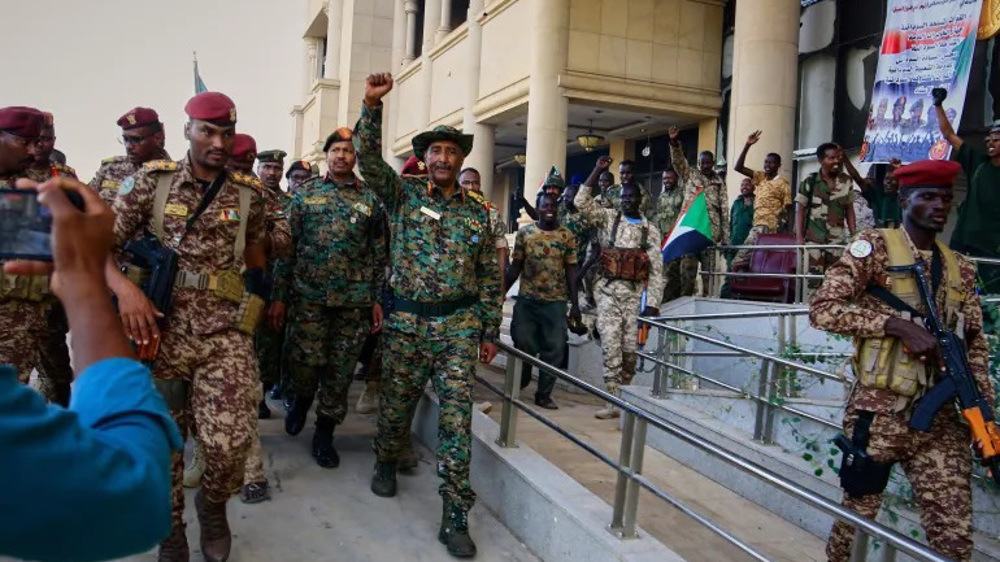
Sudan army takes full control of Khartoum amid RSF defiance
VIDEO | Press TV's news headlines
VIDEO | Pope Francis dies at 88 after 12 years as Catholic leader
VIDEO | US bombs Yemen’s capital in escalating military campaign
Iran condemns baseless GCC claims on 3 Persian Gulf islands
At least 65 Palestinians killed inside Israeli prisons
VIDEO | US deadly aggression vs Yemen
Iran denies US investors will be present in its trade fair
Israeli forces kill three Palestinians in intensified West Bank raids


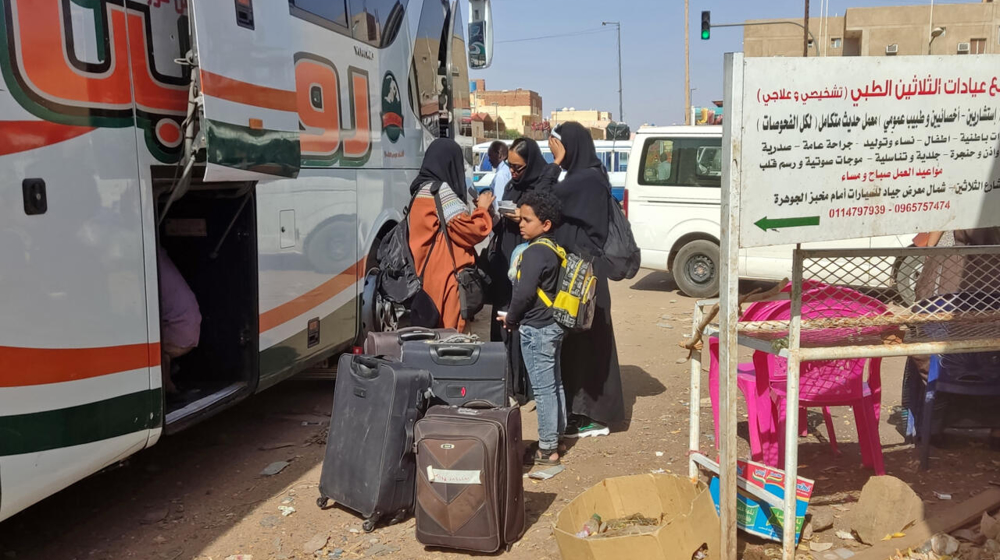
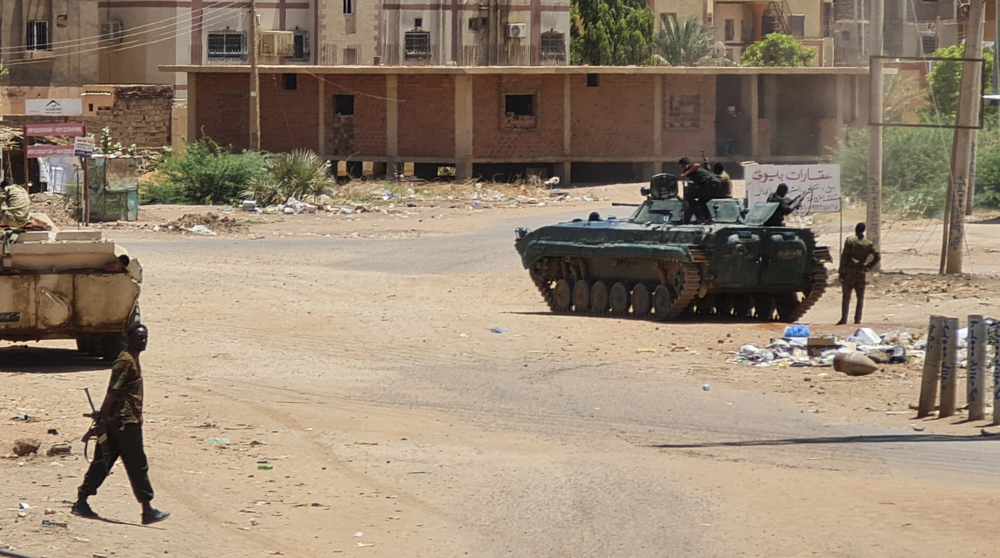



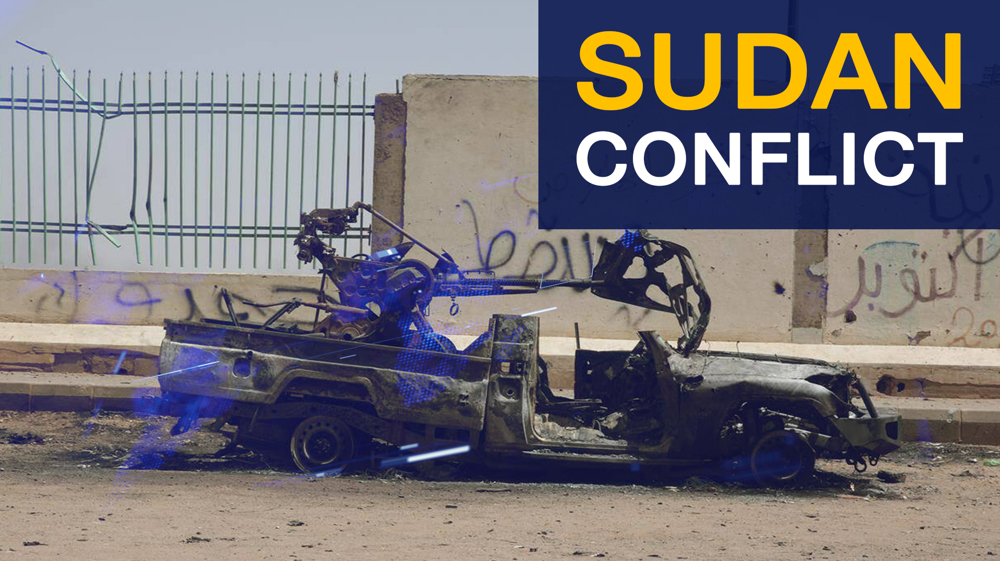
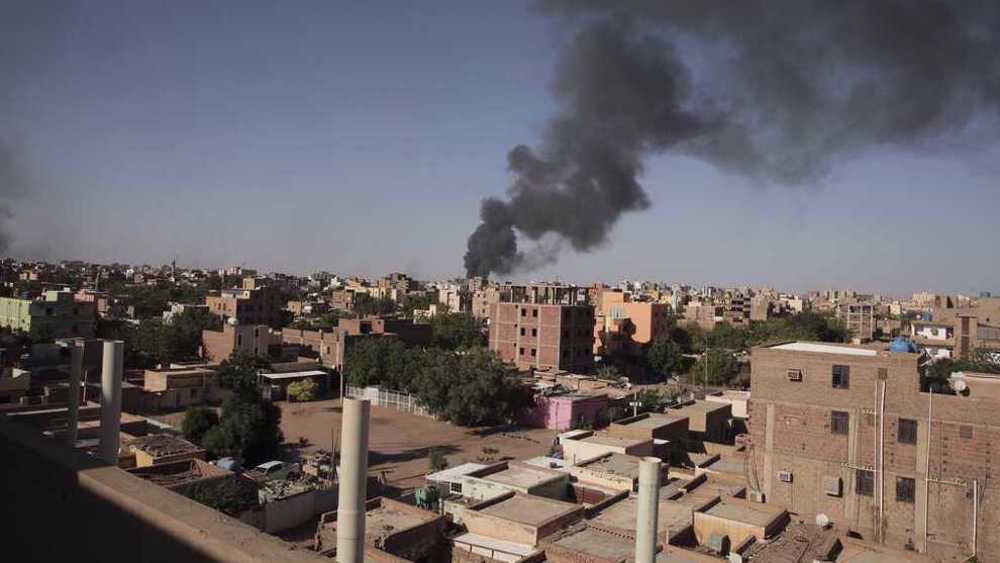

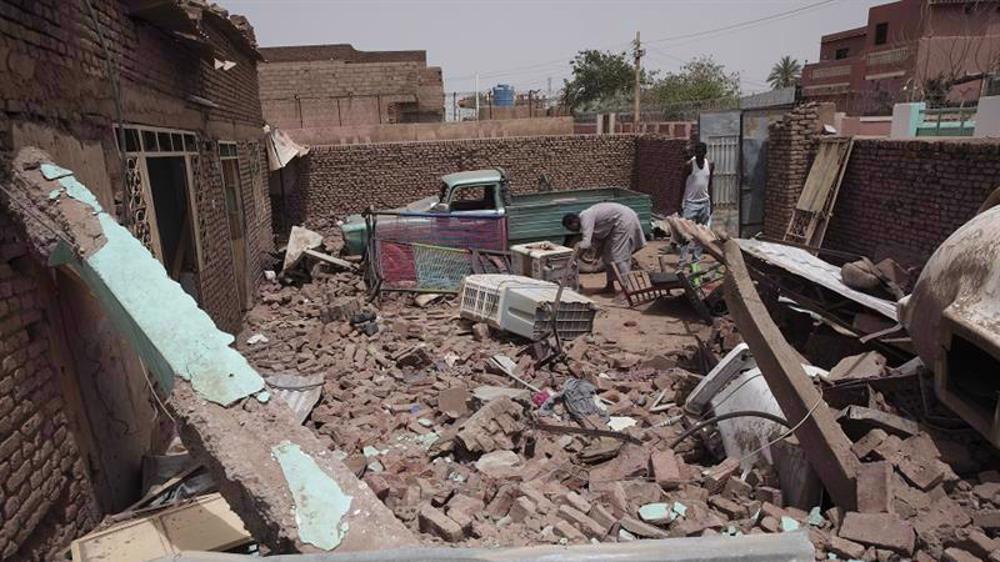

 This makes it easy to access the Press TV website
This makes it easy to access the Press TV website